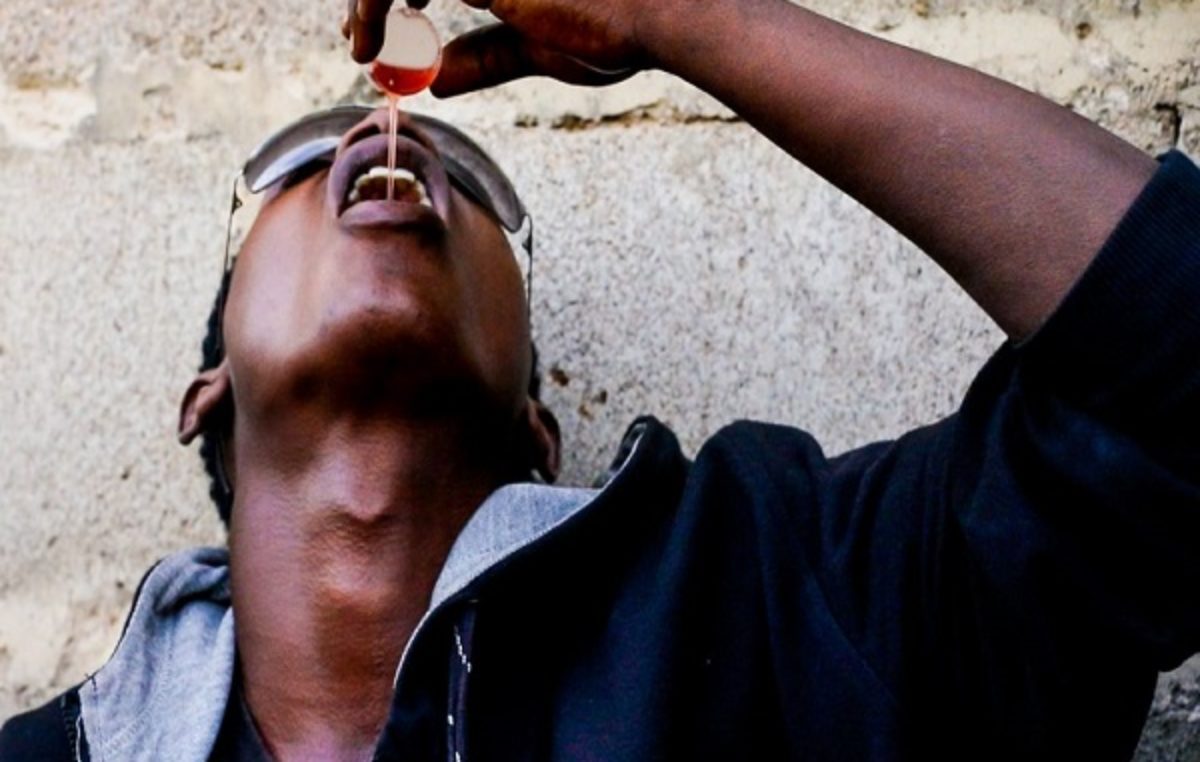
Non-adherence To TB Treatment Contributes To High Burden In Nigeria
A public health physician, Dr Toni Iken, has identified non-adherence to tuberculosis treatment as a contributing factor to high burden of Tuberculosis (TB) in the country.
Iken, who is a resident doctor at the University College Hospital ( UCH), Ibadan, in Oyo State, made this known in an interview with the Newsmen on Friday in Ibadan.
She said: “Tuberculosis is one of the chronic illnesses that has been with us for ages and it constitutes a major health problem in the country.
“Non-adherence to treatment remains a major hurdle to efficient tuberculosis control in the country, despite measures by the government to eradicate the scourge.
“Drugs are the cornerstone of tuberculosis treatment, which, however, takes longer than treating other types of bacterial infection. With TB, you must be on treatment for at least six months.
“Non-adherence is a major public health problem, because when patients do not complete their course of anti-tuberculosis medications, it contributes significantly to the development of drug resistance TB.”
According to her, drug resistance TB is not only difficult to treat, but can contributes to high incidence of tuberculosis-related deaths in the country.
“Not completing TB treatment can result in long-term treatment with severe effects.
“After a few weeks of treatment, a person may feel better.
“It might be tempting to stop taking the TB drugs, but it is crucial that the therapy be completed and the prescribed drugs be strictly adhered to.
“Stopping treatment too soon or skipping doses can allow the bacteria that are still alive to become resistant to those drugs, which is difficult to treat and more dangerous,” she said.
Iken said that the main factors associated with TB treatment non-adherence include difficulty in accessing health facility, smoking, lack of social support and poor communication between patients and the health workers.
She said that communities most burdened by TB were those that were poor, vulnerable and marginalised.
“Lack of awareness and social support contributes to the prevalence of this disease.
“We need the media to collaborate with other stakeholders in helping to increase public sensitisation, especially in hard to reach areas.
“We need to raise awareness and let people know that TB is curable, and lack of awareness has resulted in high death rate.
“People are reluctant to seek help due to stigmatisation; some due to wrong beliefs that it is caused by witchcraft,” she said.



